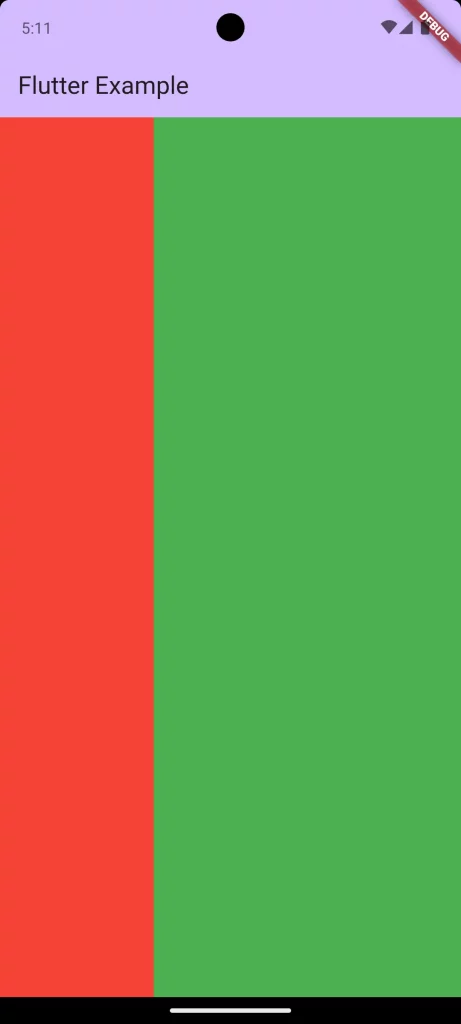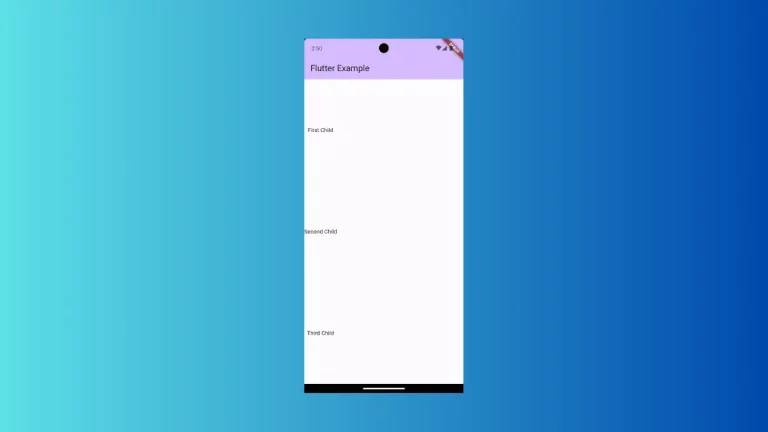How to Use Flex in Flutter Row
In this blog post, we’re going to tackle an essential concept when working with rows in Flutter—the flex property. This guide aims to break down the basics and complexities of using flex with Row widgets.
Why Flex Matters
First off, why should you even care about the flex property? The answer is simple. The flex property allows you to distribute available space among child widgets dynamically, giving you greater control over your layouts. This property is your key to responsive design.
Basic Usage of Flex in Row
Let’s start with a straightforward example to show how flex works with a Row.
Row(
children: [
Expanded(
flex: 1,
child: Container(color: Colors.red),
),
Expanded(
flex: 2,
child: Container(color: Colors.green),
),
],
)In this example, we use the Expanded widget to wrap around Container widgets. The flex property is set to 1 for the first Container and 2 for the second one. This means that the second Container will take up twice the space compared to the first one.

Advanced Flex Example
Now that you’ve got the basics down, let’s check a slightly more complex example.
Row(
children: [
Flexible(
flex: 1,
child: Container(color: Colors.blue),
),
const Spacer(flex: 1),
Flexible(
flex: 2,
child: Container(color: Colors.yellow),
),
],
)Here, we use both Flexible and Spacer widgets in the row. While Flexible allows the child to take up available space, Spacer acts as an empty space that can also be adjusted using flex.
In this example, the Spacer with a flex of 1 pushes the containers apart, while the containers themselves adjust their widths based on their flex values.

The flex property in a Flutter Row offers an array of possibilities for controlling space distribution among child widgets. Whether you are a beginner or an advanced Flutter developer, understanding how to effectively use flex can significantly up your layout game.
